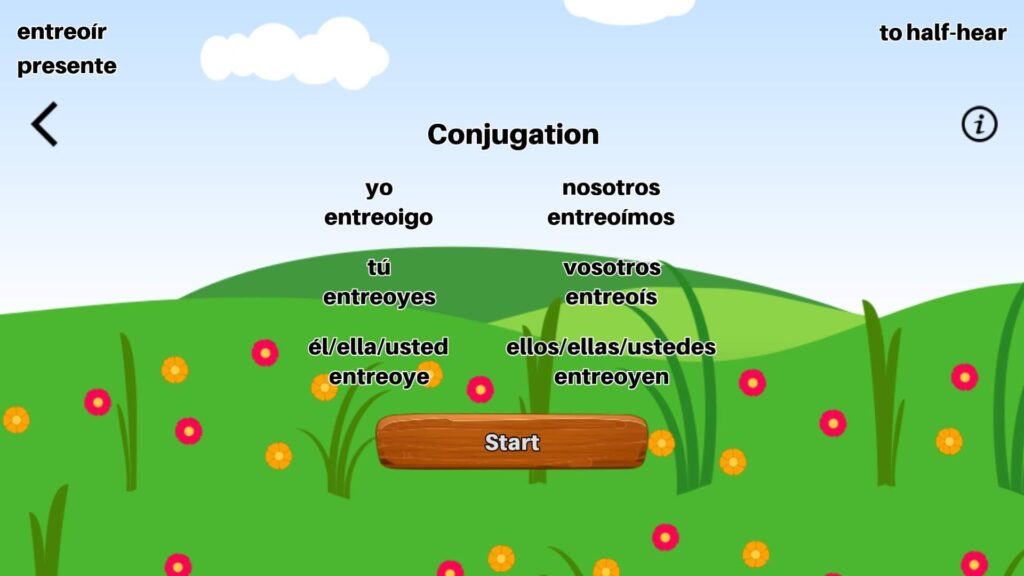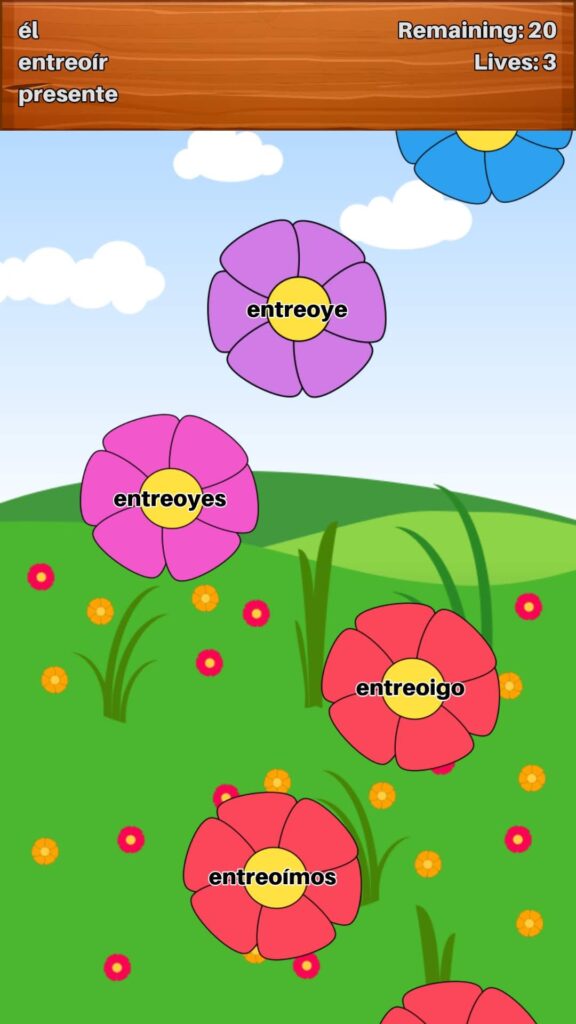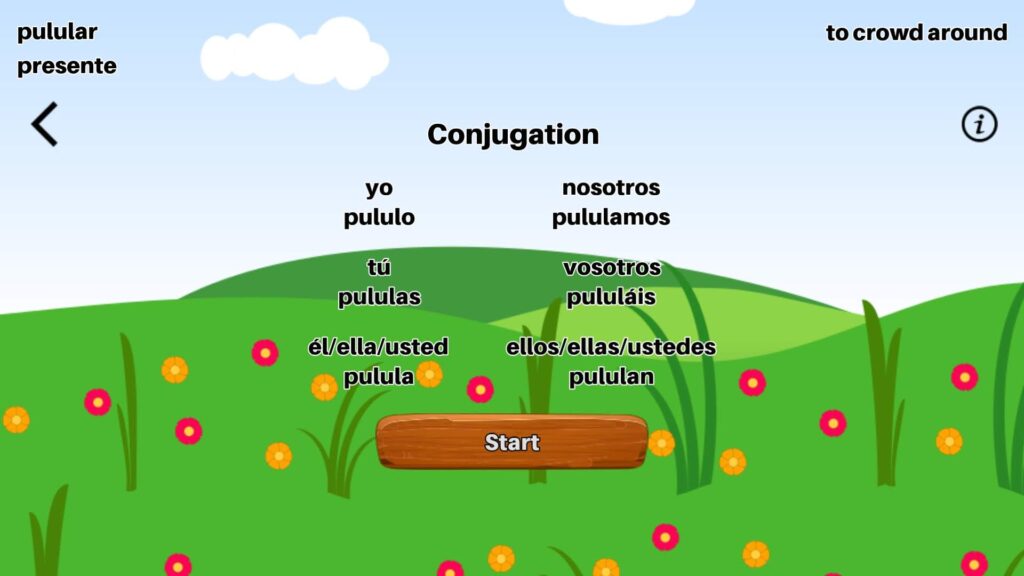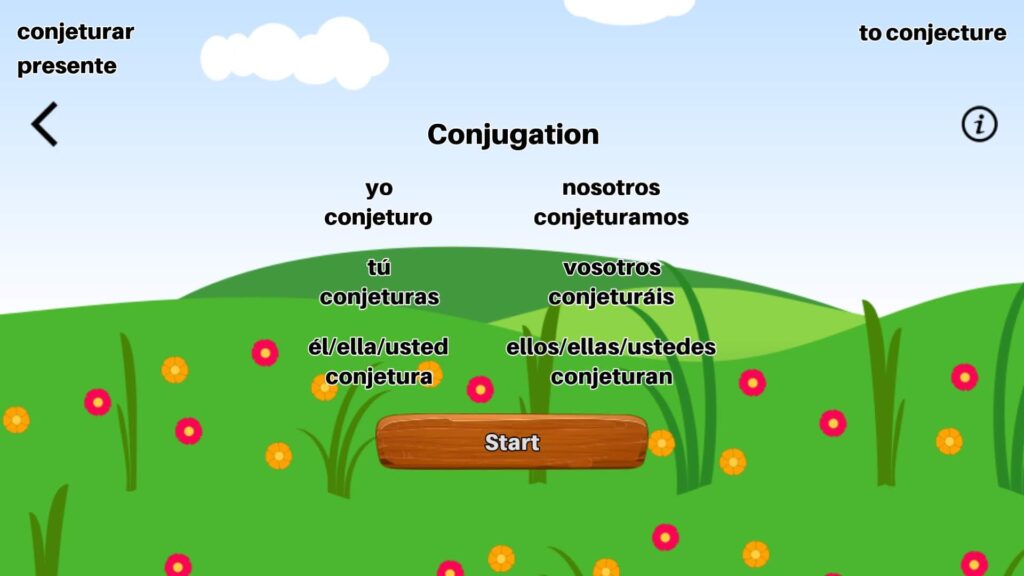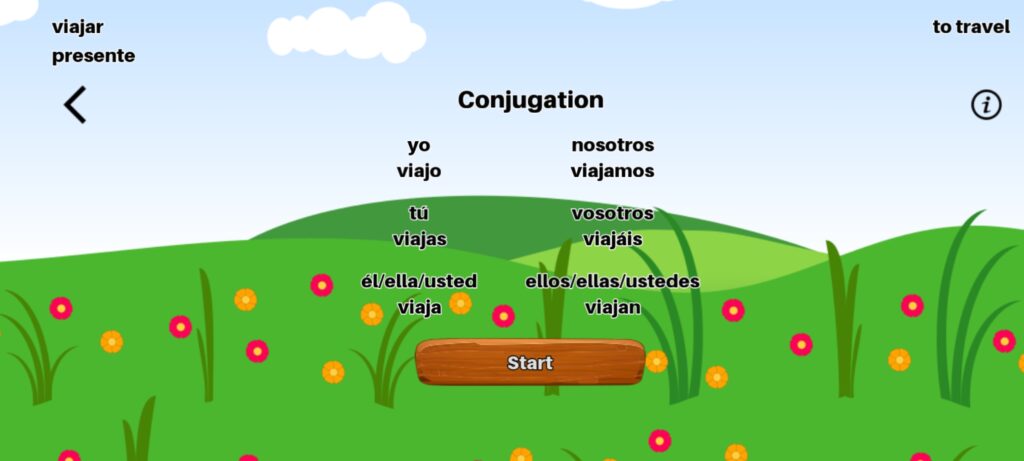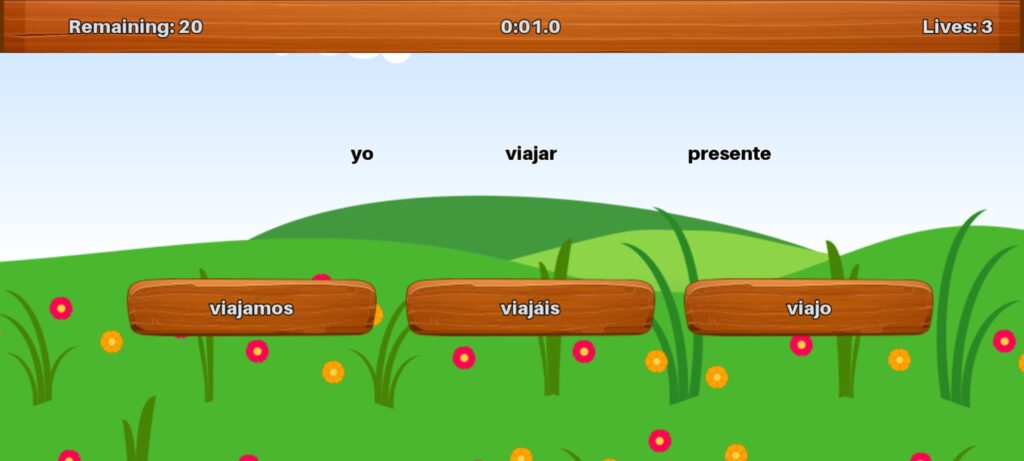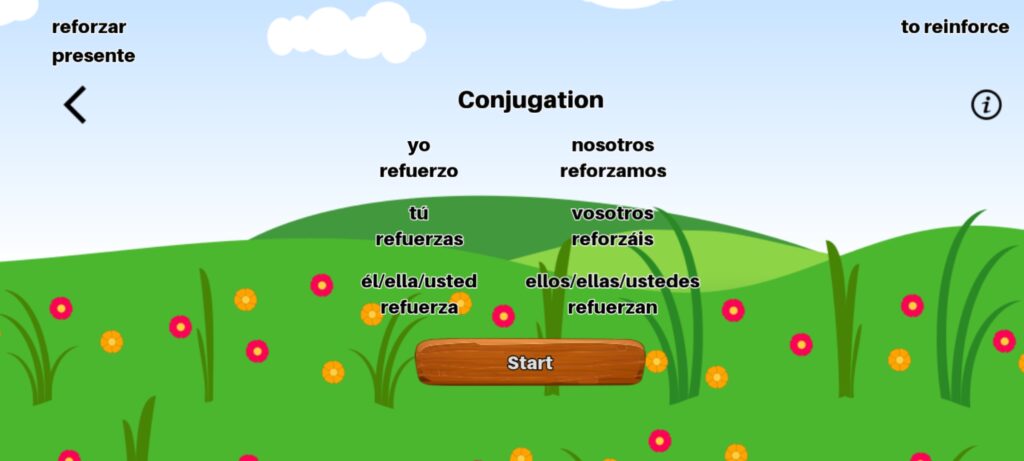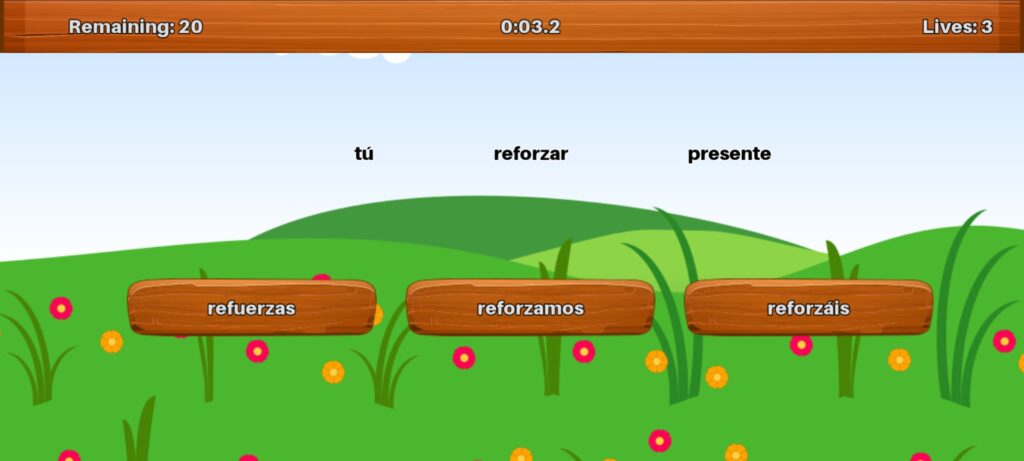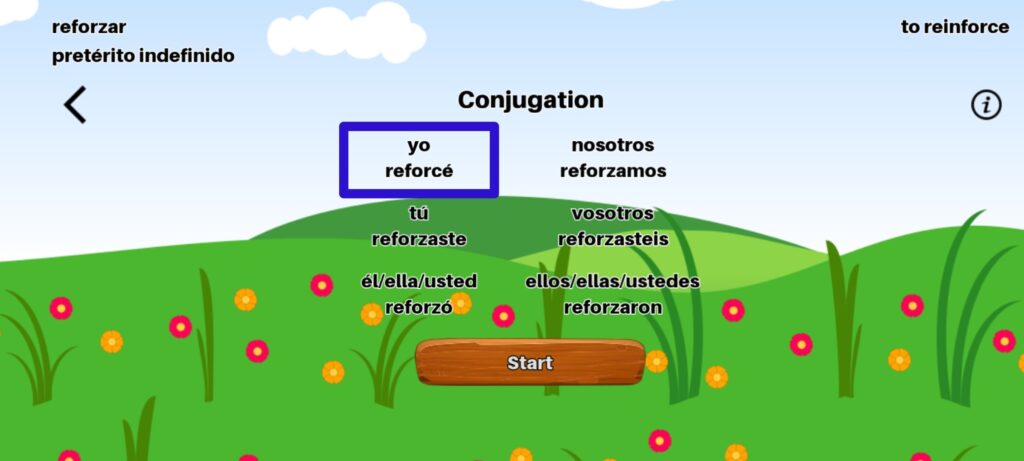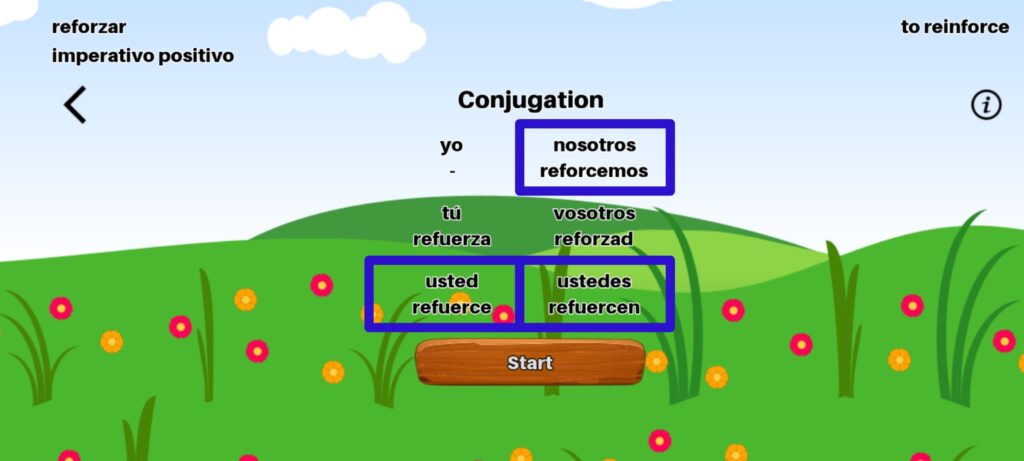Hola, Conjugation Champions!
Welcome to today’s edition of your daily Spanish Verb of the day! Today’s verb is destacar, which means “to stand out.” Perfect for those moments when you shine brighter than the rest and make an impression. Let’s dive into its conjugation, uses, and some practical tips to master it.
Definition and Meaning
Destacar: To stand out, to be prominent.
Example: Ella siempre logra destacar en sus clases de español. (She always manages to stand out in her Spanish classes.)
Present Tense Conjugation

Usage Tips
- Academic Achievements: Use “destacar” when talking about excelling in studies or any academic endeavor.
- Professional Excellence: Perfect for describing someone who stands out at work or in their professional field.
- Personal Traits: Use it to highlight unique qualities or talents that make someone noticeable.
- Pronunciation: Stress the “a” in the second syllable: des-TA-car.
Sentence Practice
- Present Tense: Destaco en matemáticas porque estudio mucho. (I stand out in math because I study a lot.)
- Preterite Tense: Ella destacó en la reunión con sus ideas innovadoras. (She stood out in the meeting with her innovative ideas.)
- Imperfect Tense: Cuando éramos niños, siempre destacábamos en deportes. (When we were children, we always stood out in sports.)
Quiz of the Day
Translate the following sentences into Spanish using “destacar”:
- He stood out in the crowd because of his height.
- They will stand out in the competition with their unique performance.
- We used to stand out in school for our artistic talents.
(Answers at the bottom of this post!)
Keep standing out, keep learning, and keep refining those Spanish skills! Every verb you master brings you one step closer to fluency. ¡Hasta mañana!
Stay tuned for tomorrow’s verb and enjoy your day!
Saludos,
Daniela from the DOMA Games team
Answers to Quiz
- Él destacó en la multitud por su altura.
- Ellos destacarán en la competencia con su actuación única.
- Solíamos destacar en la escuela por nuestros talentos artísticos.


